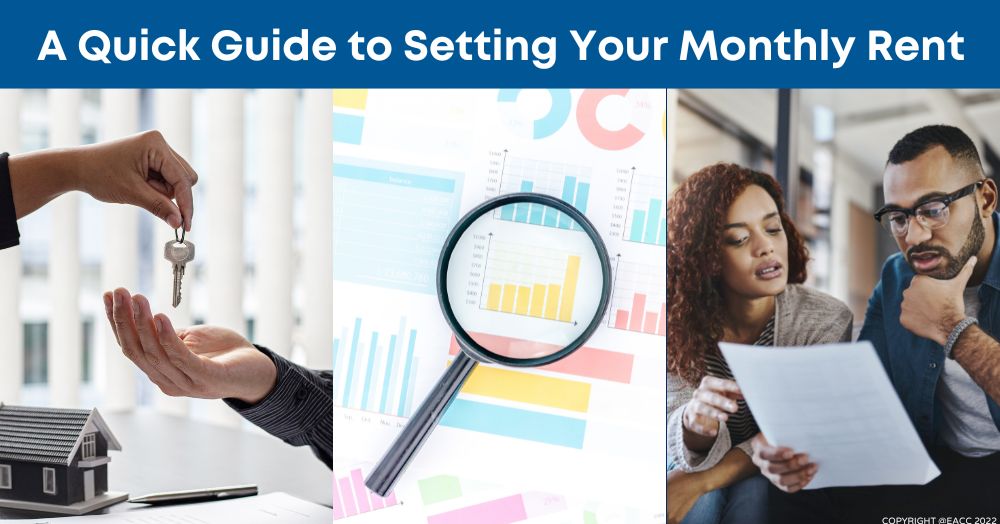As a landlord, you want to earn a good return on your property investment, but how do you decide what rent to charge? In the current market, rents are at an all-time high, but what’s the fairest way to set your monthly price?
In this quick read, we look at how to calculate the right rental price for your property.
Check out the local area
While not all properties are the same, researching the local market is the first step towards finding out how much rent to charge.
Use a combination of local agent sites and nationwide property portals to do your research. Start with a general area check and then make it more postcode specific. Look at what landlords with similar properties (for example, a two-bed flat with one bath) in the same area are charging.
Does your property have a USP?
Factors such as outside space, private parking, modern fittings and proximity to transport and amenities will impact the amount of rent you can charge.
Don’t get greedy
Yes, the demand for rental properties is currently high. However, it’s worth remembering that tenants are extremely savvy and will have done their own research. You may lose out in the long run by setting your property’s rent at the highest level, as the price could put people off before they even arrange a viewing. And even if you do secure a good tenant, they may move on quickly (meaning you have to go through the tenant selection process all over again) if they feel they are paying above market value.
Cover your expenses
While owning rental property is widely considered a sound investment, it’s important to understand that monthly or annual rent is not pure profit. Ensure you’ve accounted for all your expenses such as mortgage payments, service charges and ground rent (for flats), taxes, utility bills, insurance and maintenance.
Use an experienced letting agent
You may want to avoid fees and find your own tenants; however, this can be risky as you won’t have access to the same resources an agent has. An experienced agent can provide you with an accurate rental valuation, market your property, organise viewings and save you a lot of time and hassle (plus, you can claim agent fees as an expense on your tax bill).
If you need a rental valuation, contact Hi Residential. We have a database of potential tenants and are ready to get your property rented.





